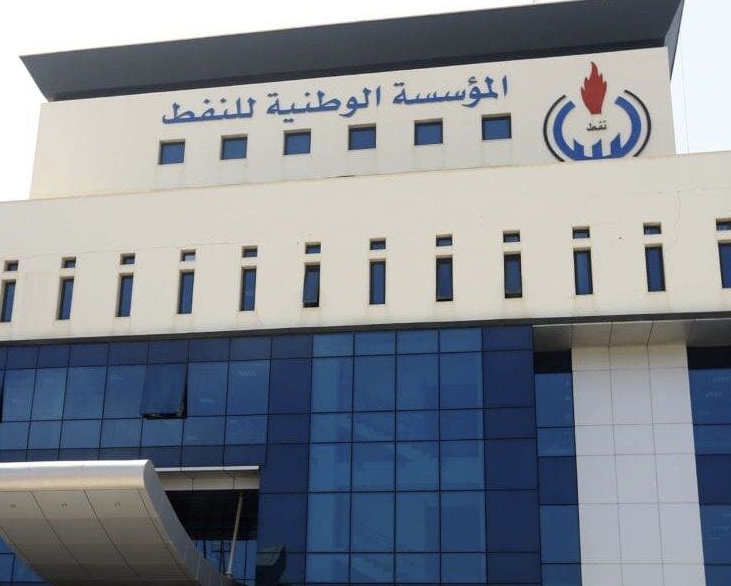KEY POINTS
- The NOC’s unpaid bills risk disrupting vital fuel imports as suppliers lose confidence.
- Declining oil revenues (down 40% year-on-year) threaten budget allocations for public services.
- The crisis could intensify power struggles between rival governments in east and west Libya.
The Libyan National Oil Corporation (NOC) is grappling with mounting financial pressures as the country’s decades-old barter system for oil imports comes to an abrupt halt.
North Africa Post reports that with refined petroleum products continuing to flow into Libya throughout March, the state oil firm has been unable to settle its growing import bills, creating a liquidity crisis exacerbated by plummeting crude revenues.
“The Central Bank is deeply concerned about the dramatic reduction in oil income,” revealed an energy ministry official, speaking on condition of anonymity. The barter arrangement – which allowed Libya to exchange crude oil for refined products without cash transactions – had served as a financial lifeline for years. Its termination now leaves the NOC exposed, with immediate liabilities estimated at over $800 million for Q1 2025 alone.
Oil crisis threatens national stability
The crisis comes as Libya’s oil production has fallen to 1.1 million barrels per day, down 23% from 2024 levels due to aging infrastructure and political instability. Energy analysts warn the payment default could trigger a chain reaction: “International suppliers may soon demand prepayment terms, which Libya’s cash-strapped government can’t meet,” noted OPEC observer Klaus Schmidt.
The financial squeeze has already forced rationing at some refineries, with industry sources reporting 15-20% reductions in gasoline and diesel output. This threatens to worsen chronic fuel shortages that have seen motorists queue for days at filling stations across Tripoli and Benghazi. Meanwhile, the Central Bank’s foreign reserves have dwindled to $68 billion – barely covering six months of imports.
With international lenders hesitant to extend new credit lines amid Libya’s political divisions, the NOC faces tough choices between cutting domestic fuel subsidies or reducing crude exports – both options carrying severe socioeconomic consequences. As the barter system’s collapse exposes Libya’s economic vulnerabilities, the path forward appears increasingly precarious for the oil-dependent nation.



